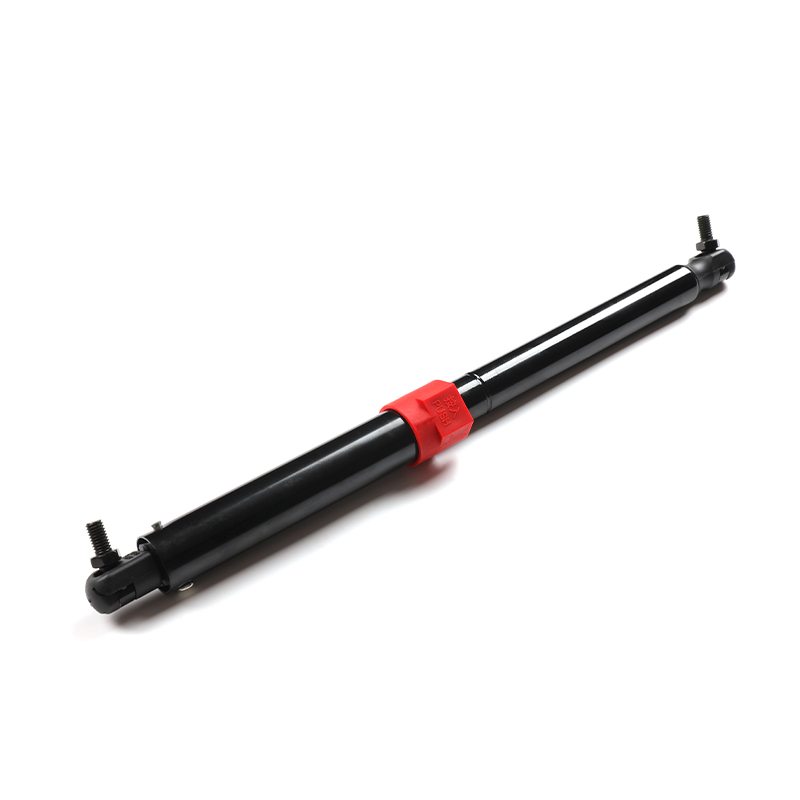The noise level of self-locking gas springs depends on the design and manufacturing quality, but it also relies on usage conditions. Generally, high-quality self-locking gas springs should have lower noise levels and should not generate noticeable vibration or impact.
However, if there are defects in the design or manufacturing of
self-locking gas springs, or if they are subjected to incorrect operation or excessive loads during use, it may lead to noise, vibration, or impact. For instance, if the locking mechanism is poorly designed or manufactured with low precision, it may cause rough locking or noise. Similarly, unstable gas pressure or leaks inside the cylinder can also result in noise and vibration.
To reduce noise, vibration, and impact, several measures are taken:
Choosing high-quality, well-designed self-locking gas spring products to ensure good manufacturing quality and performance.
Following the product manual and operating specifications during installation and use to avoid excessive force or improper operation.

Regularly inspecting and maintaining self-locking gas springs to ensure they are in good working condition. Any abnormalities or issues should be promptly addressed and replaced.
The generation of noise, vibration, and impact in self-locking gas springs is mainly related to product design and manufacturing quality, usage conditions, and maintenance. Choosing high-quality products and adhering to proper operating and maintenance standards can minimize the occurrence of these problems.
